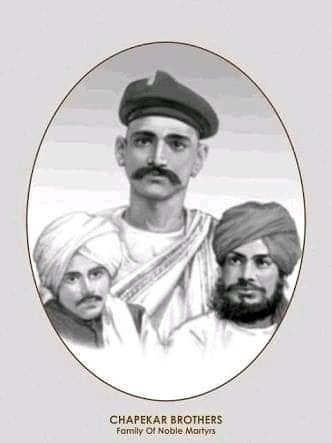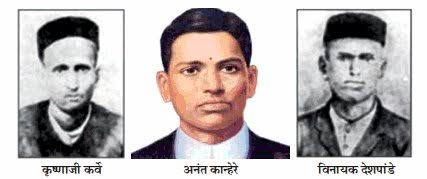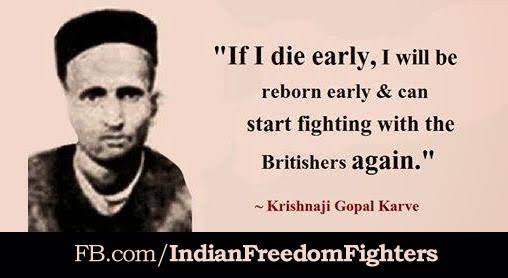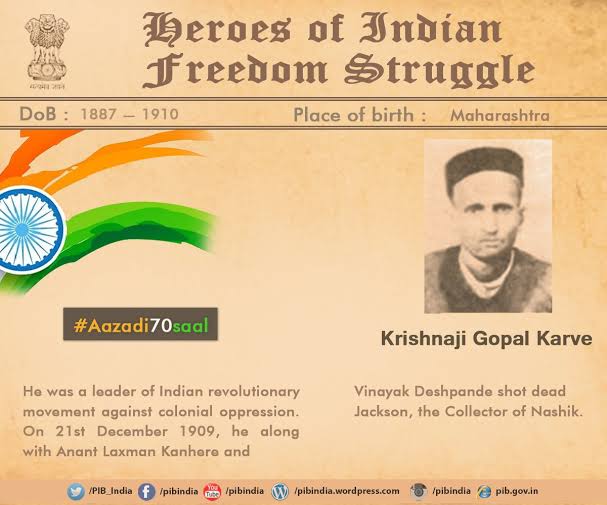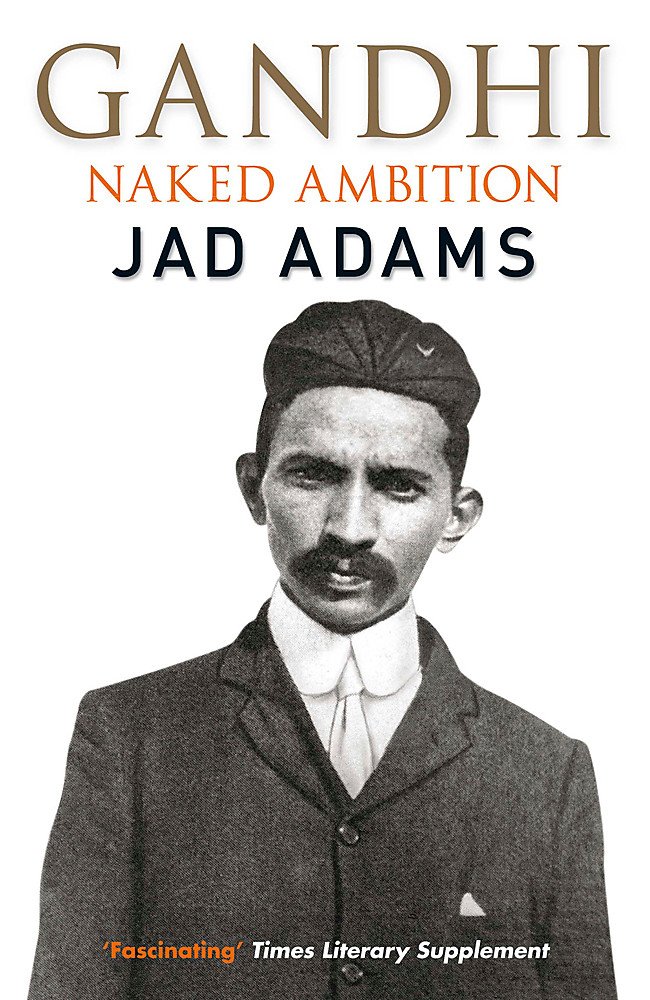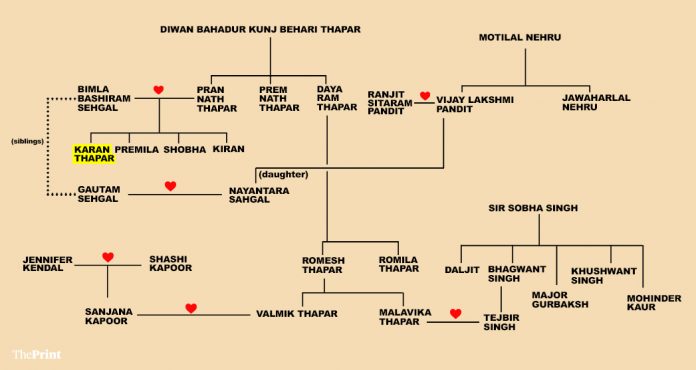126 Years back, he was the @incindia President and till date, the only Malayali who held the reins of Congress.
Sir. C Sankaran Nair. Ever Heard This Name?
Whereas Sardar Udham Singh became immortal, there was another hero who took the fight against British within British

Sir. C Sankaran Nair. Ever Heard This Name?
Whereas Sardar Udham Singh became immortal, there was another hero who took the fight against British within British
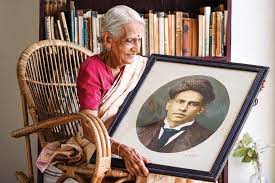

Judiciary system & remains hidden out of public, thanks to his Anti-Gandhi views.
When the reader finish reading this tweet, I believe there will be tears in his or her eyes.
An introduction for the unsung hero of this tweet.
” When the only Bharatiya in the viceroy’s council
When the reader finish reading this tweet, I believe there will be tears in his or her eyes.
An introduction for the unsung hero of this tweet.
” When the only Bharatiya in the viceroy’s council
made his way back to Madras after his resignation, it was an ovation all the way, the like of which had never been seen before in India. There were feasts and entertainments wherever the train stopped and crackers were fired under the wheels of the railway, so much so that there
was one continuous firing for hours.”
Sir C Sankaran Nair was born on 11-07-1857, at Mankara, Kerala.
His early education began in the traditional style at home and continued in schools in Malabar,
openthemagazine.com/cover-stories/…
Sir C Sankaran Nair was born on 11-07-1857, at Mankara, Kerala.
His early education began in the traditional style at home and continued in schools in Malabar,
openthemagazine.com/cover-stories/…
till he passed the Arts examination with a first class from the Provincial School at Calicut. Then he joined the Presidency College, Madras. In 1877 he took his Arts degree, and two years later secured the Law degree from the Madras Law College.
Starting as an advocate in 1880,
Starting as an advocate in 1880,
he became a leading member of the Madras Bar. Appointed to the Madras Legislative Council in 1890, he initiated the legislation leading to enactment of the Malabar Marriage Act of 1896.
thehindu.com/news/national/…
thehindu.com/news/national/…
Participating in the nationalist movement, he was elected president of the Indian National Congress – the only Malayali ever to hold this position – at its Amaravathi session in 1897. He was the 1st Bharatiya to be appointed Advocate General of the Madras government in 1907 and
later that year was elevated as judge of the Madras High Court.
Immediately after Jallianwalabagh, Sankaran Nair writes in his autobiography: “Almost every day I was receiving complaints, personal and by letters, of the most harrowing description of the massacre at
Immediately after Jallianwalabagh, Sankaran Nair writes in his autobiography: “Almost every day I was receiving complaints, personal and by letters, of the most harrowing description of the massacre at
Jallianwalla Bagh at Amritsar and the martial law administration…At the same time, I found that Lord Chelmsford [the Viceroy] approved of what was being done in Punjab. That, to me, was shocking.”
The effects of his resignation were immediate. Censorship of the press was
The effects of his resignation were immediate. Censorship of the press was
immediately abolished and martial law in Punjab was terminated.
This was also the time when British Heavily Invested In Their Brand GANDHI,
In his treatise Gandhi and Anarchy, he writes, ‘Non-cooperation as advocated by Mr Gandhi may be a weapon to be used when constitutional
This was also the time when British Heavily Invested In Their Brand GANDHI,
In his treatise Gandhi and Anarchy, he writes, ‘Non-cooperation as advocated by Mr Gandhi may be a weapon to be used when constitutional

methods have failed to achieve our purpose. Non-violence and passive suffering will lead to bloodshed or be unfruitful of any satisfactory results.’ Published in 1922—the same year as the Chauri Chaura incident which led Gandhi to suspend the Non-Cooperation movement at a
national level—the book did voice valid reservations for that time, but also ensured that its author would be sidelined from common halls of fame for not seeing eye to eye with MKGANDHI.
Ironically, his views found a support in an address to the Constituent Assembly by
Ironically, his views found a support in an address to the Constituent Assembly by
Dr Bhim Rao Ambedkar who warned about “the grammar of anarchy” arising from non-cooperation and street protests as opposed to the order of institutions.
THE CASE IN LONDON
Lieutenant-Governor O’Dwyer sued Nair for libel. The case, O’Dwyer versus Nair, which ensued before the
THE CASE IN LONDON
Lieutenant-Governor O’Dwyer sued Nair for libel. The case, O’Dwyer versus Nair, which ensued before the
King’s Bench in London created a sensation.
An openly biased judge and partisan jury, however, saw the case decided against the defendant.
The one dissenting juryman was Harold Laski.
As the jury’s verdict was not unanimous, Sankaran Nair had the option of a fresh trial.
An openly biased judge and partisan jury, however, saw the case decided against the defendant.
The one dissenting juryman was Harold Laski.
As the jury’s verdict was not unanimous, Sankaran Nair had the option of a fresh trial.
He declined the opportunity; not trusting “another twelve English shopkeepers” to give him a different verdict.
Further, he preferred to pay damages and costs amounting to 7,500 pounds – a princely sum then – rather than tender an apology to the plaintiff.
Asked whether the
Further, he preferred to pay damages and costs amounting to 7,500 pounds – a princely sum then – rather than tender an apology to the plaintiff.
Asked whether the
verdict would tarnish his reputation, he replied: “If all the judges of the King’s Bench together were to hold me guilty, still my reputation would not suffer.”
Unfortunately, the next generation historians preferred writing hymns on Gandhi, Nehru.
Sankaran Nair can be best
Unfortunately, the next generation historians preferred writing hymns on Gandhi, Nehru.
Sankaran Nair can be best
understood through the book C. Sankaran Nair written by KPS Menon, who had access to all his materials was first published in 1967. The volume is part of a series on #BuildersOfModernIndia dedicated to and as it claims,
“The story of the struggles and achievements of the eminent
“The story of the struggles and achievements of the eminent
sons and daughters of India who have been mainly instrumental in our national renaissance and the attainment of independence”
On 24th April, 1934, C Sankaran Nair, the man of many visions, attained Mukti in Madras.
Sankaran Nair’s reputation may be untarnished, but he is himself
On 24th April, 1934, C Sankaran Nair, the man of many visions, attained Mukti in Madras.
Sankaran Nair’s reputation may be untarnished, but he is himself
forgotten and unsung. The country is the poorer for not recognizing the role of this towering personality in placing India squarely on the road to constitutional freedom.
Link for Gandhi and Anarchy in next tweet.
#ForgottenHeroes
#VANDEMATARAM
Link for Gandhi and Anarchy in next tweet.
#ForgottenHeroes
#VANDEMATARAM
Link for the book Gandhi And Anarchy : Sir C. Sankaran Nair : Free Download, Borrow, and Streaming : Internet Archive archive.org/details/gandhi… via @internetarchive
• • •
Missing some Tweet in this thread? You can try to
force a refresh



